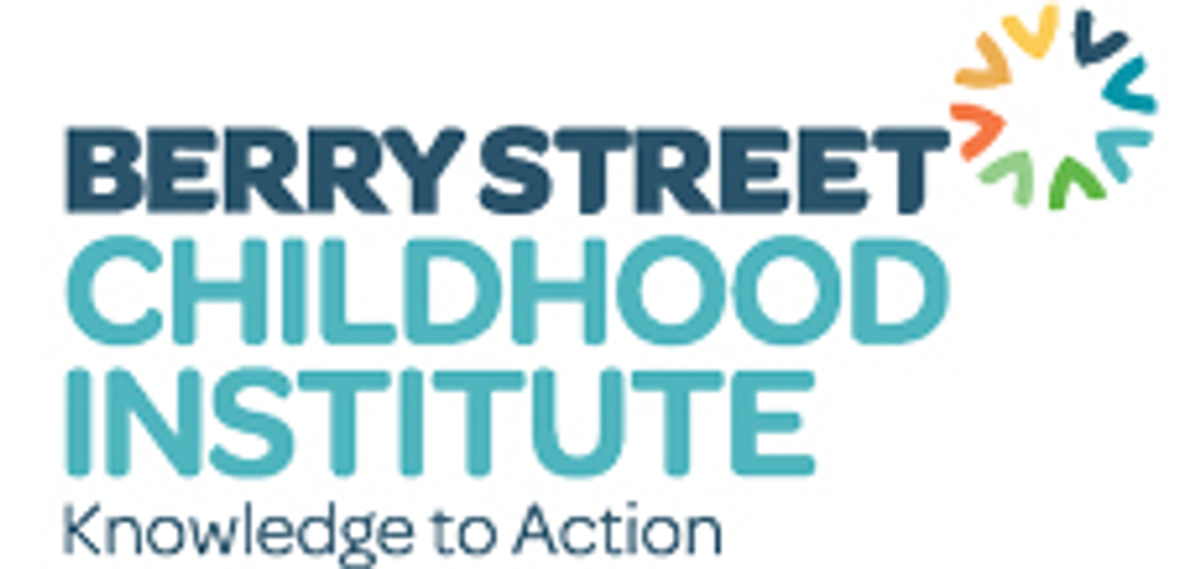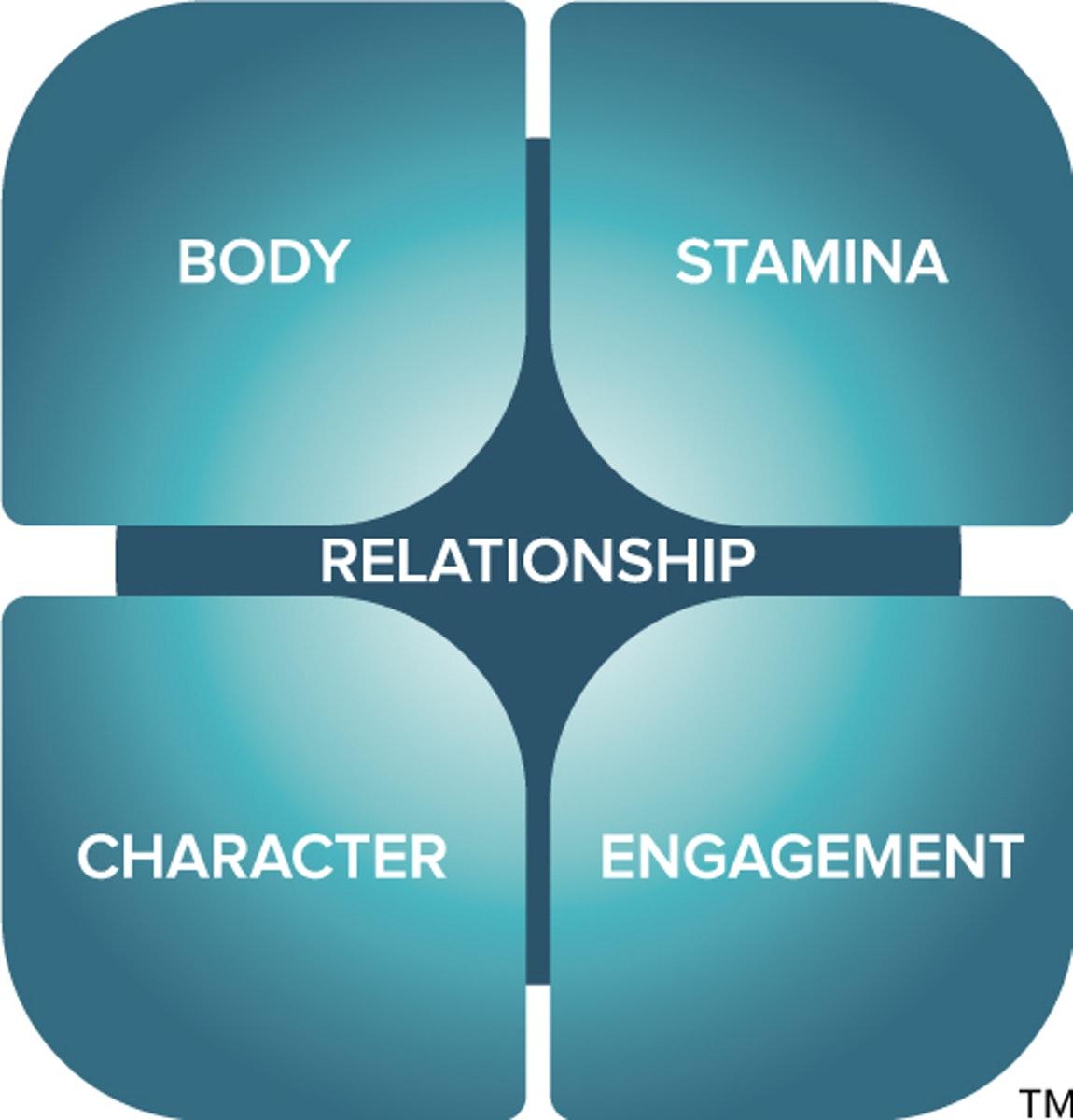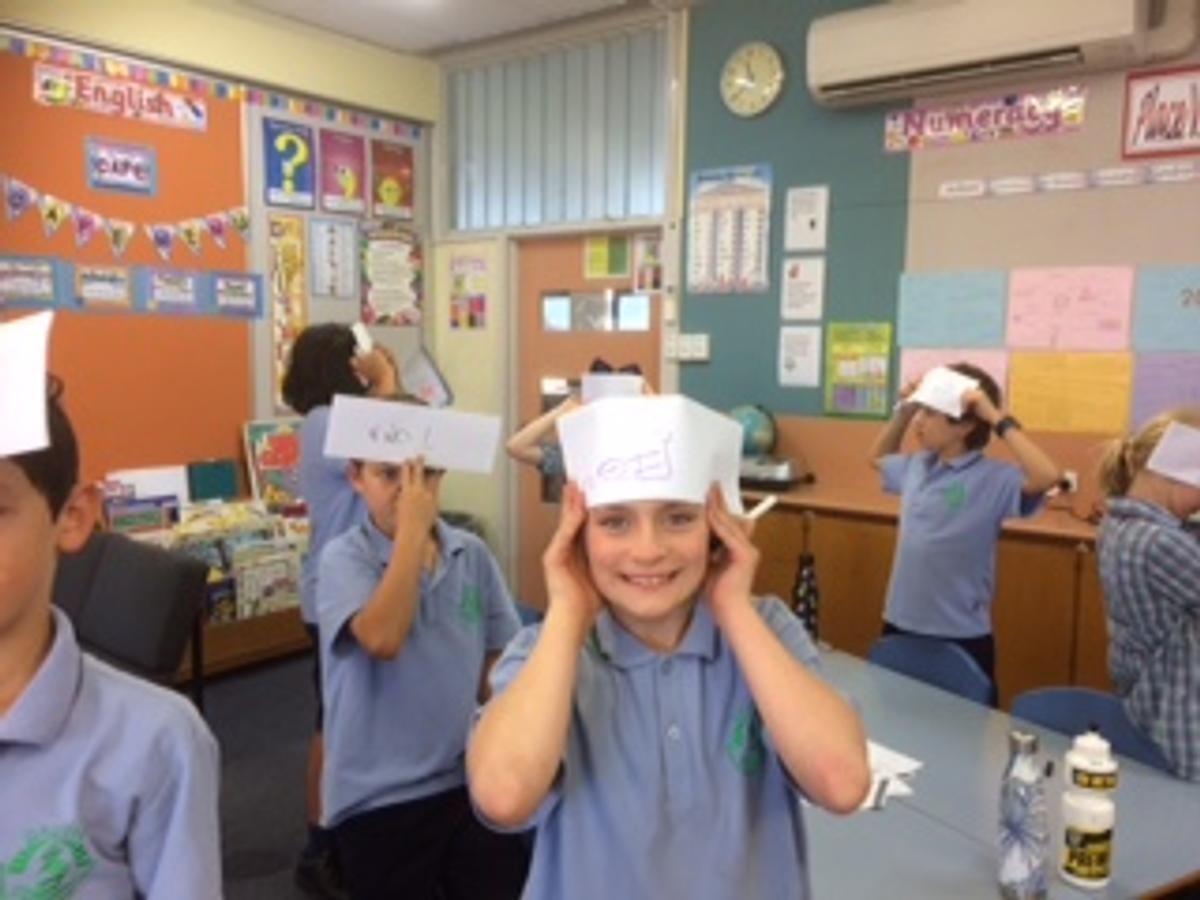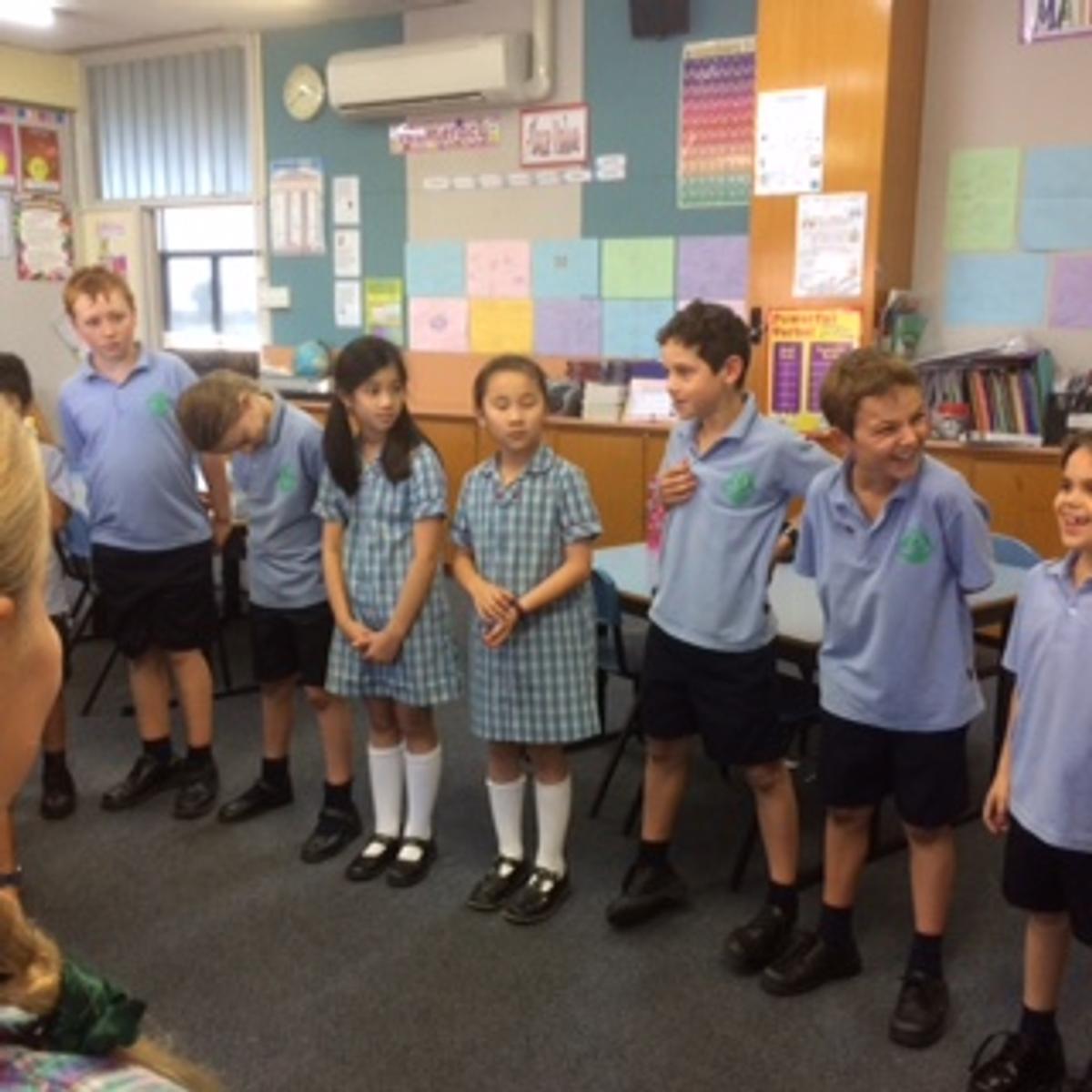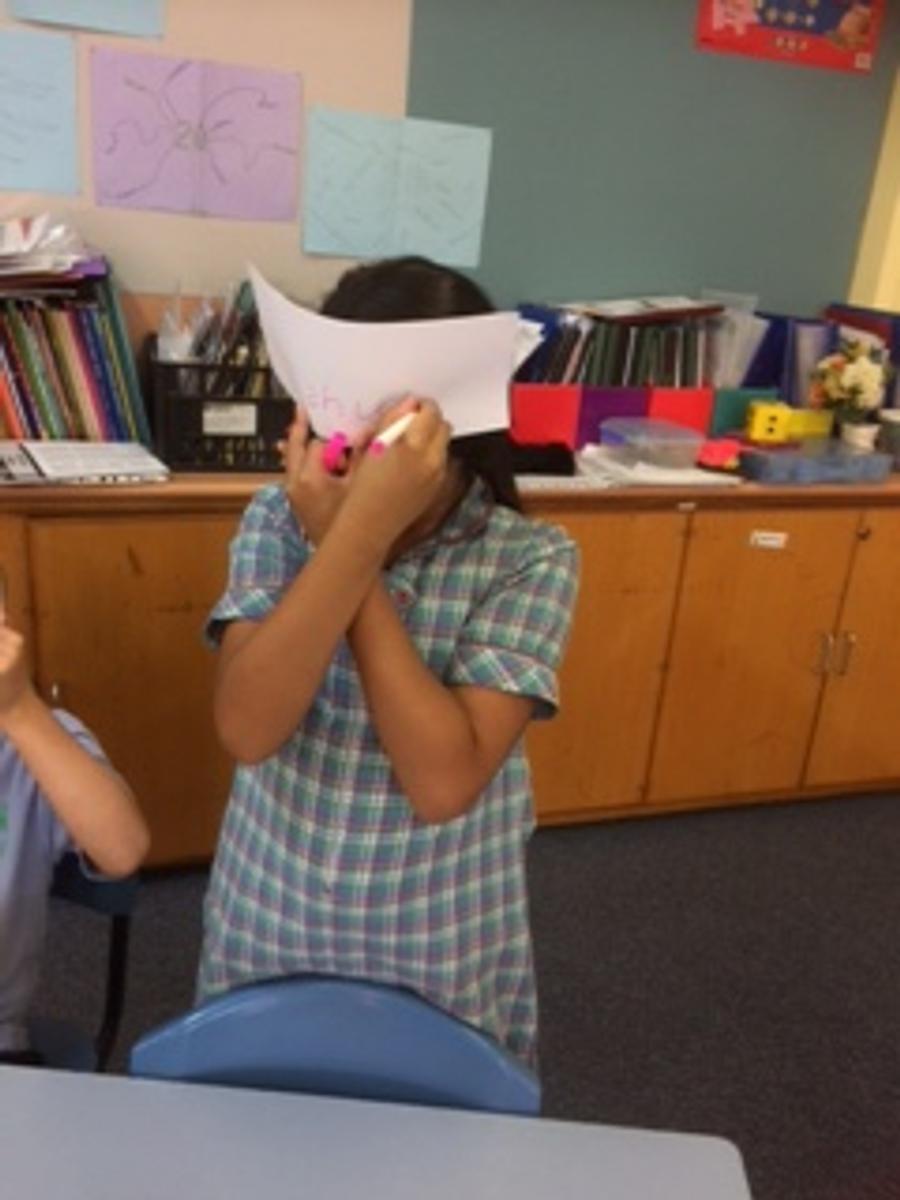Student Wellbeing
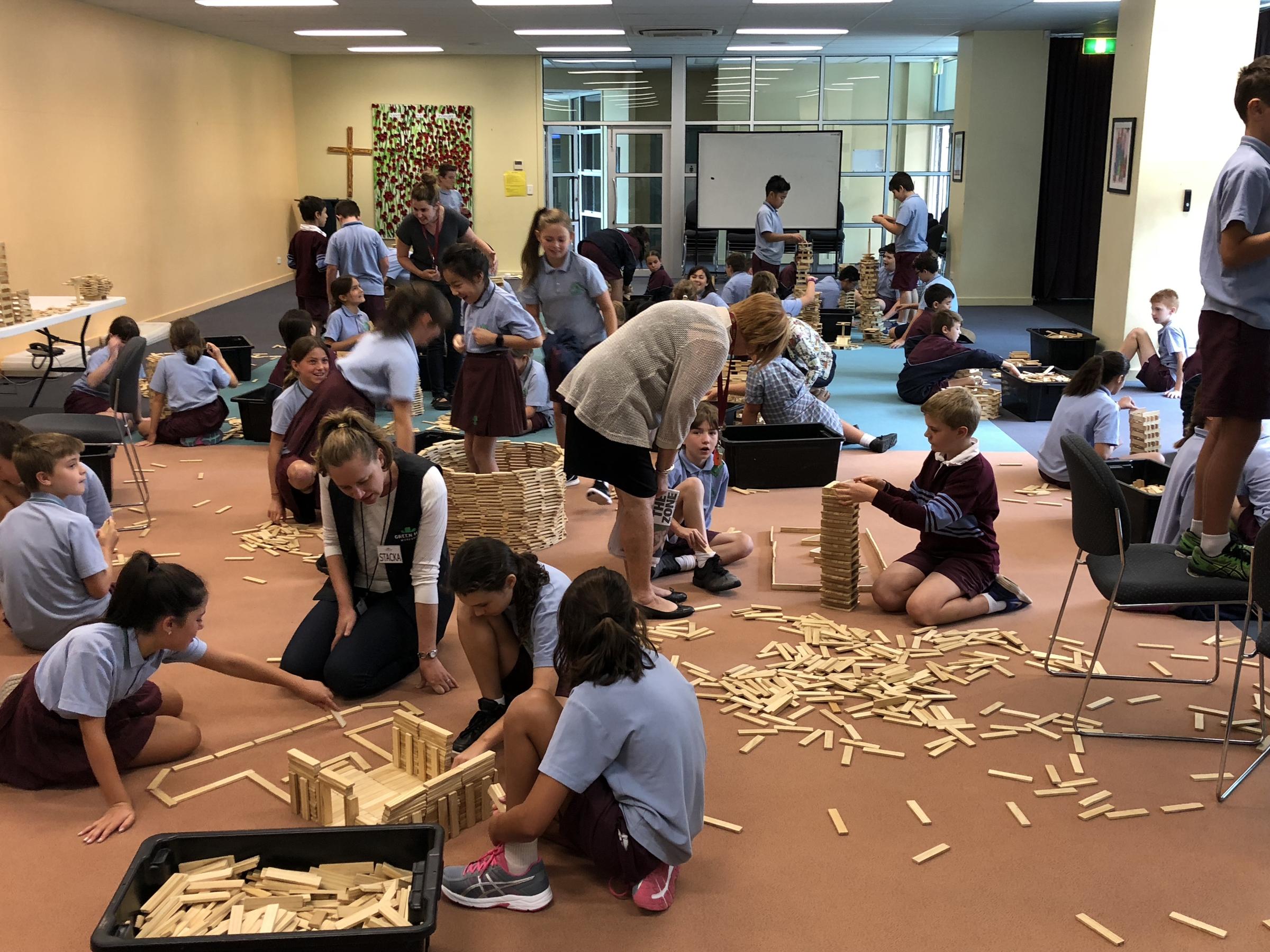
Berry Street
Last year in August, our whole school staff participated in the first of a four part Staff Professional Development, conducted by the Berry Street Education Team.
The Berry Street Educational Model consists of 4 modules -
1. Body
2. Stamina
3. Engagement
4. Character
All anchored by RELATIONSHIP.
We commenced with the BODY Module which is designed to build school-wide rhythms and body regulation through a focus on physical and emotional regulation of the stress response, de-escalation in school and classroom contexts, and mindfulness opportunities throughout the school day.
Our teachers are using the phrase ‘Track the speaker’ - this encourages the students to always look at whoever is speaking, so that they remain focussed while listening to what is being said.
Brain Breaks have been introduced during learning sessions. Brain Breaks are short 1-2 minute refreshers for our students and occur every 25 -35 minutes. They are short lesson ‘interruptions’ to enable a renewed focus on learning. They take less than 4 minutes and are fun. They build self-awareness and develop self-regulation and reinforce a positive classroom culture. They get the students’ bodies up and moving, so they can continue to work and be efficient.
Getting present, centred and grounded:
Students are asked to take time to calm themselves and to be
Ready to Learn: Students have designed their own ‘Ready to Learn’ Charts using a scale from 1 - 5.
Last Friday, 23rd February, we continued with the RELATIONSHIP Module which is designed to build strong relationships through micro-moments of classroom management between students and teachers.
Human beings are hardwired for connection. Emotionally, physically, mentally and neurologically, we depend on connections with others to grow, develop and maintain our wellbeing.
The most rewarding environments and experiences tend to satisfy three yearnings - love, acceptance and belonging. Typically, the greater the sense of belonging and pride in the classroom/or school, the more a student will toe the behavioural line and assume responsibility for the wellbeing and performance of the group. Generating a collective sense of student belonging also minimises student-authority conflict and enhances peer regulation of classroom expectations.
Relationships are formed through deliberate steps taken by carers, teachers and staff that establish trust, validation and safety. A relationship-based classroom predicates that struggling students learn from reciprocal relationships with teachers they like and respect. When students challenge these relationships with resistant behaviours, teachers can employ attachment principles continuously to present a consistent, proactive and welcoming invitation to stay in the teacher-student relationship, creating safe opportunities for learning.
In the RELATIONSHIP Module there are 9 Focus Areas which contain strategies, activities and recommendations.
1. Attachment - a relationship based on soothing, comfort and safety.
2. Unconditional Positive Regard - separate the student from their behaviour.
3. Redefining Power - present, centred, grounded, staying in ‘thinking brain, having choices & making choices.
4. Empath + Zen - relationships built on empathy - understanding of the emotions and feelings of others.
5. Golden Statements - can be used to give directions, issue requests, state expectations and repeat expectations e.g. ‘I will begin when all students are tracking the speaker’
6. Process vs. Person Praise - praising with a Growth Mindset e.g. Process Praise is very specific, describes the student’s effort and is seen as true by the student.
7. Active Constructive Responding - responding to good news is a core strategy for building relationships and wellbeing in others
8. Whole School Relationships - these are based on 4 beliefs - every single student in the school is ‘ours, whole school processes must be as closely aligned as possible, whole school alignment require careful and close attention and students notice when staff have inconsistent expectations for learning and behaviour.
Our P.D. has reinforced what we are doing here at Galilee. Both our students and staff are continually endeavouring to build positive relationships with each other. Our Agreements - class and playground, are there to help us understand what we expect of each other. Our Personal, Social and Emotional Learning (PSEL) curriculum, Circle Times, Restorative Practice and our Respectful Relationships programs all enhance our personal and social wellbeing.
Many teachers have adopted the Golden Statements with their students recently, which are proving to be most effective.
The Berry Street Education Model is most valuable and has provided us with opportunities to learn, understand and introduce strategies and activities into our everyday teaching.
It will help us develop and enhance our students’ physical, psychological, social and emotional capacities and foster self-confidence, enjoyment of learning and minimise the fears around taking a risk to learn.
We have committed to completing the final 2 modules in the next 2 years.
If you would like any more information, please do not hesitate to contact me.
Julianne Price
Student Wellbeing /Student Services Leader
Ph. 96992928
email: jprice@gsmelbournesth.catholic.edu.au

